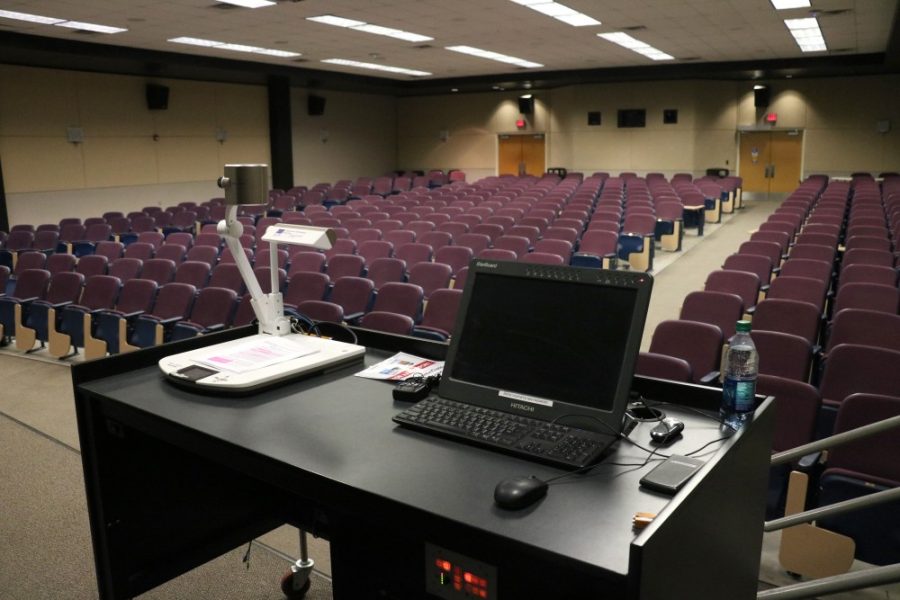
Ethnic studies are a valuable component in a student’s education and should be offered in all schools. Northern Arizona University defines ethnic studies as “the interdisciplinary study of race and ethnicity, as understood through the perspectives of major underrepresented racial groups in the United States.” Taking ethnic studies classes in high school was the most formative and important experience of my educational career. As a first-generation Mexican-American student, it wasn’t until then that I was taught about Mexican history and Mexican people’s contributions to American history.
Ethnic studies classes are vital to a student’s success in school. A study done by the Stanford Graduate School of Education looked at students who were at risk of dropping out of high school. They compared those at-risk students who were enrolled in ethnic studies classes to at-risk students enrolled in traditional classes.
RELATED: Students celebrate race, ethnicity and religion through on-campus organizations
According to the study, researchers found that not only did these students improve in attendance and grades, but “they also increased the number of course credits they earned to graduate.” The study also showed improvement “across male, female, Asian and Hispanic students … particularly concentrated among boys and Hispanic students.”
The improvement of these students was not only because of ethnic studies classes, but specifically the curriculum and philosophy in which these classes are taught. The curriculum of these courses are intentionally aligned with student’s individual experiences, which in turn can help pinpoint and focus on a student’s academic disparities thus putting them on the road to academic success.
Ethnic studies are not only important to those belonging to that specific ethnic group in which the class is being taught, but for everyone. For non-ethnic students, these classes make a person more aware of global experiences, encouraging the students to think critically about the experiences of those around them.
RELATED: OPINION: Identity politics is crucial
Ethnic studies offer a more well-rounded educational experience by no longer teaching a singular story. No longer teaching a singular story is done in many ways, but one particular way is steering away from traditional classroom texts and offering students primary and secondary sources that offer multiple perspectives of history.
Another way is teaching students not only about the white historical male figures that are a part of American history but giving them the truth about those figures, which is majorly important for students. As well as including other key players in history that are often omitted from textbooks and investigating why they have been omitted. All of these techniques are vital to a student as it teaches them to think critically and to understand that there are always multiple experiences from a single situation.
Ethnic studies classes build a foundation for a student’s future both educationally and personally. Skills taught in ethnic studies classes can be used in all aspects of a student’s life which is why these classes are so valuable. Ethnic studies is the history of all of us and gives a full picture of how our history came to be which allows us to contextualize and conceptualize not only what has happened in the past but also what is happening in the present, and why it is happening.
Follow the Daily Wildcat on Twitter
Geraldine is a junior and is majoring in journalism. She likes to bake and read in her free time.









